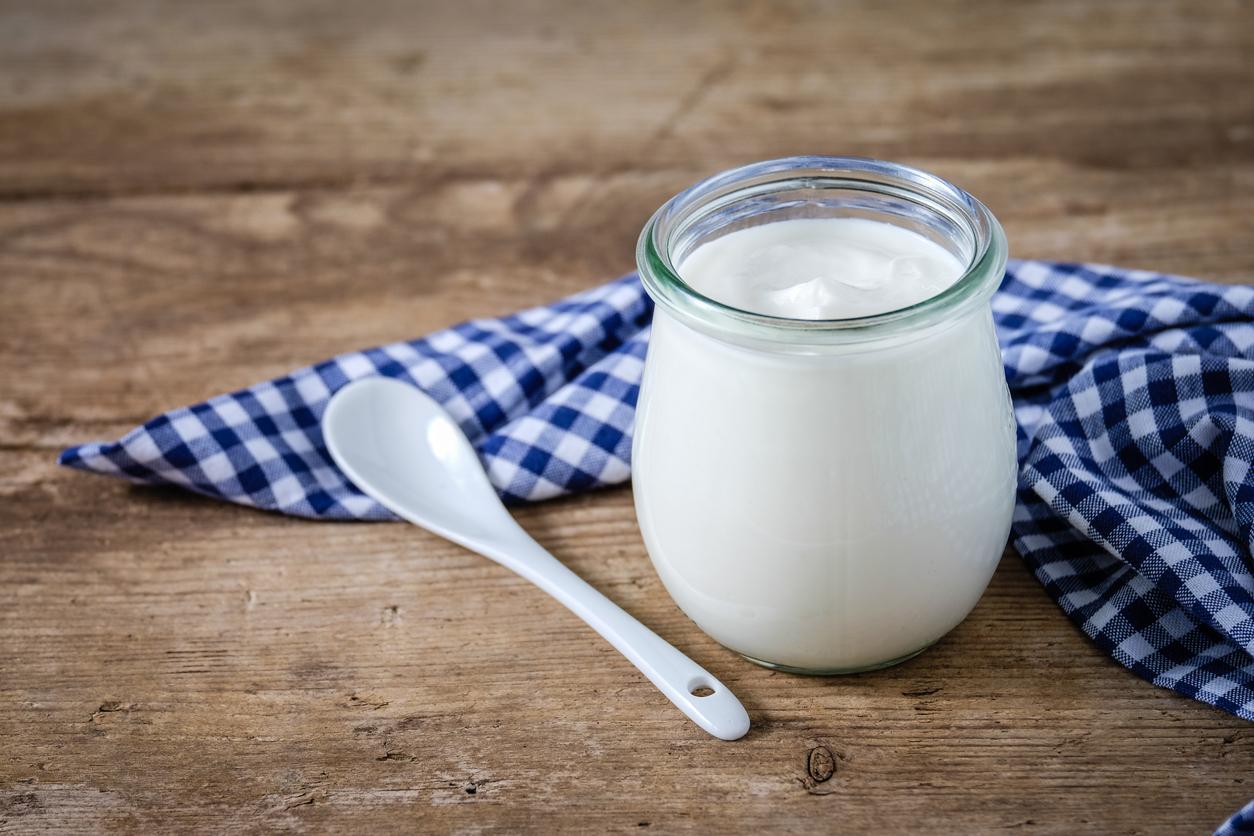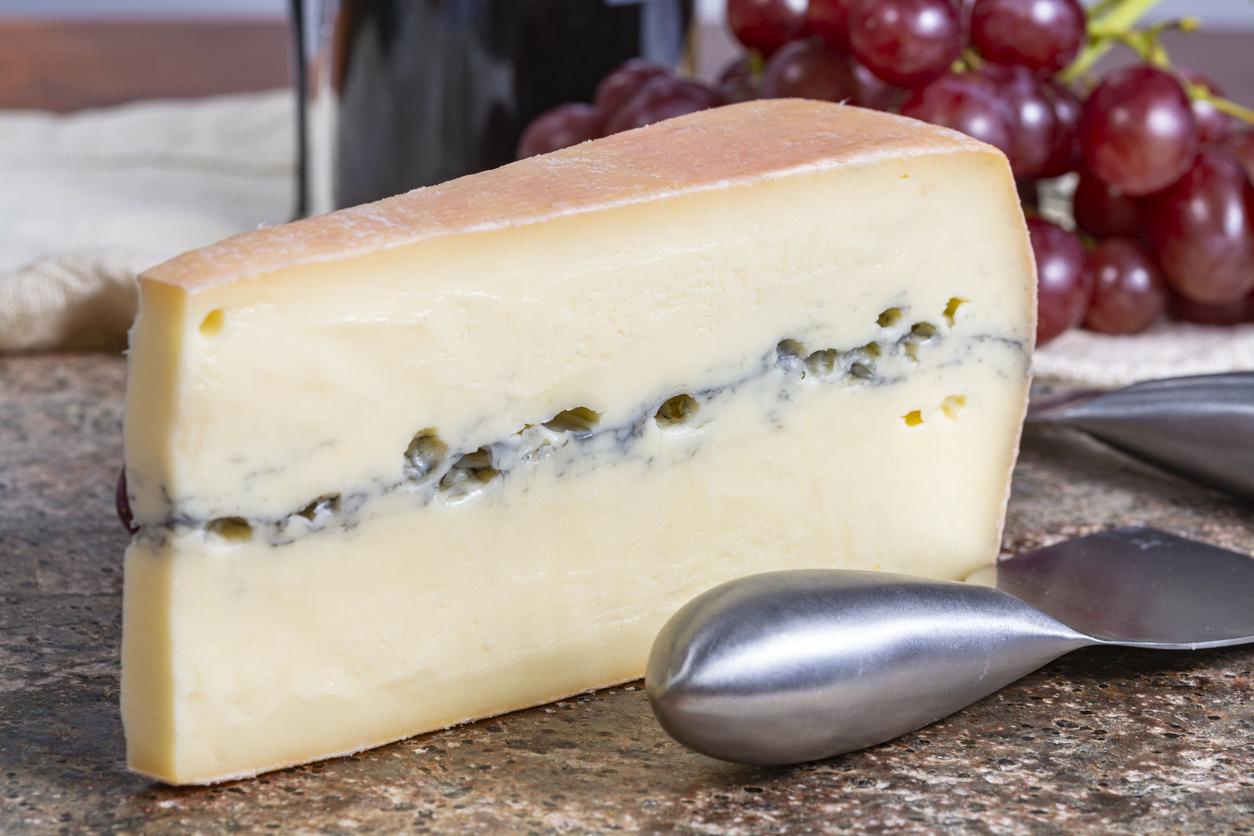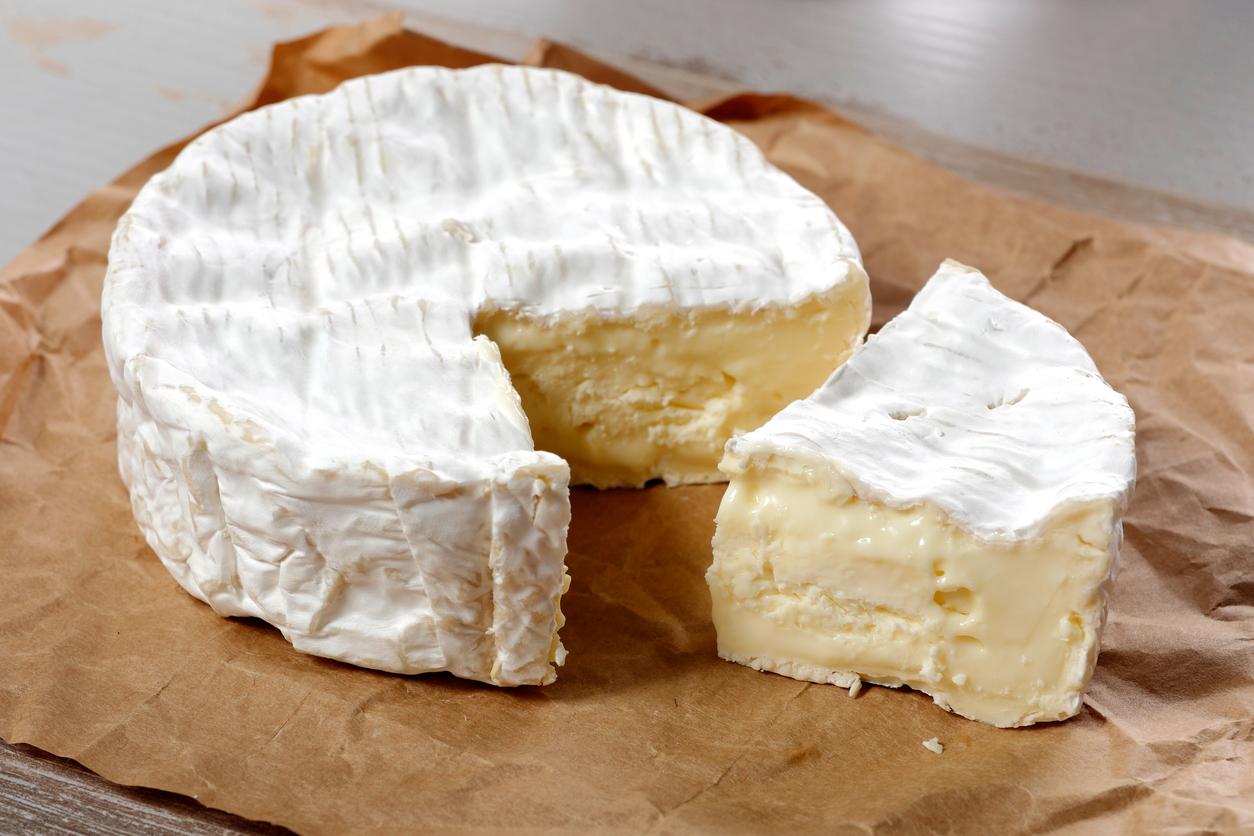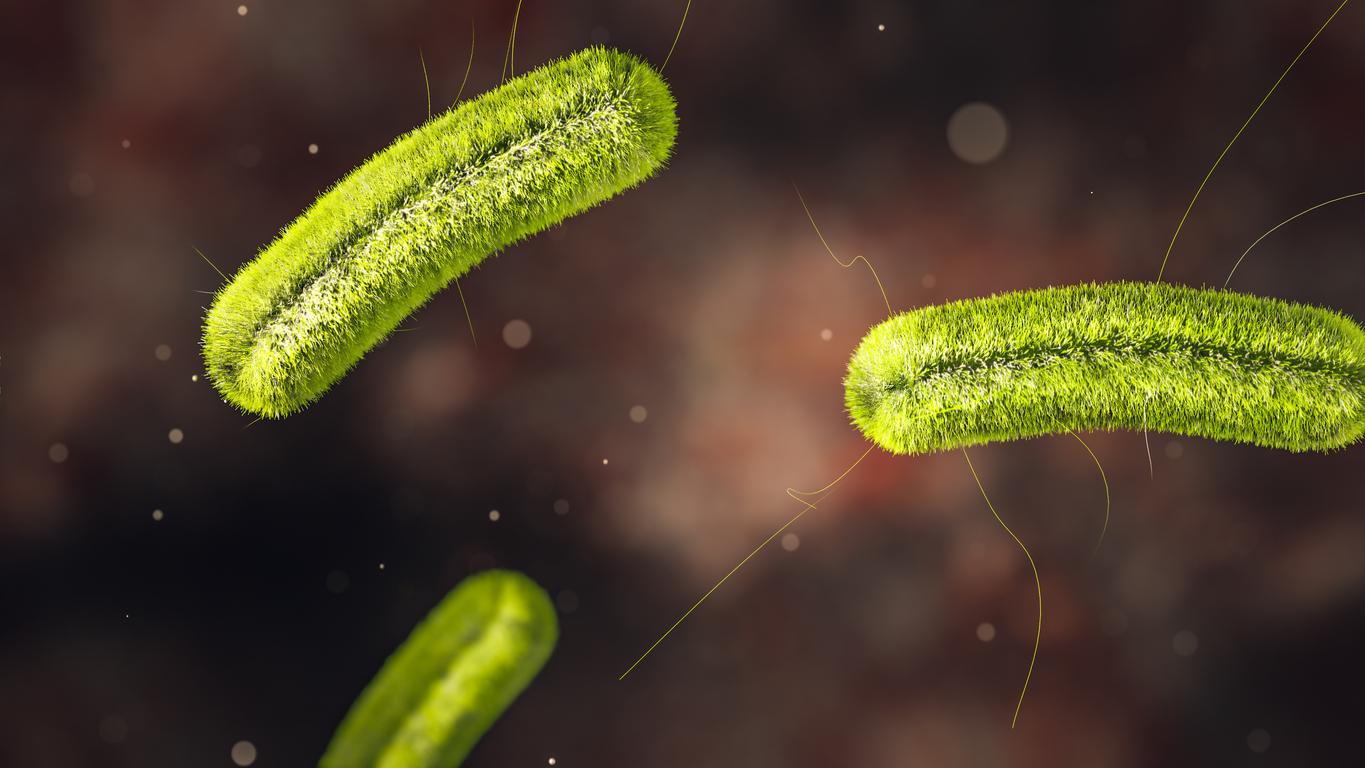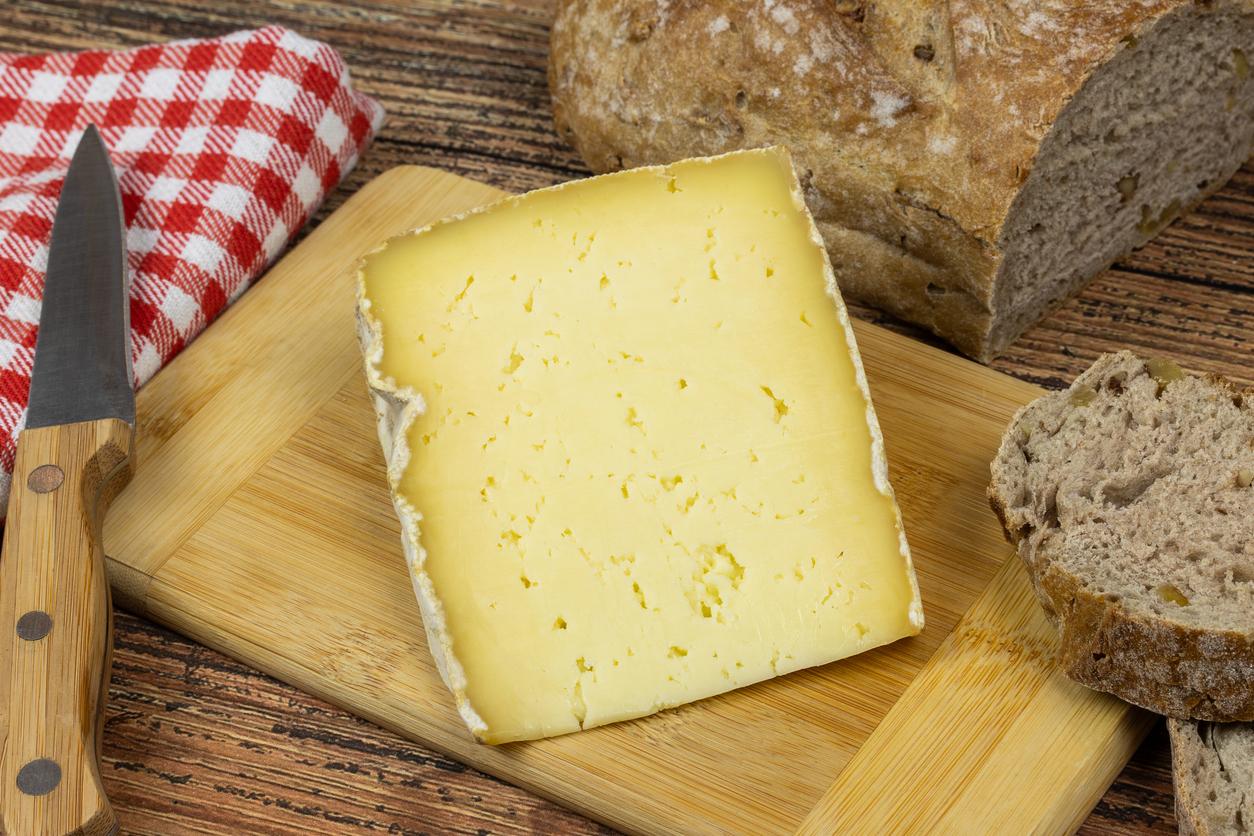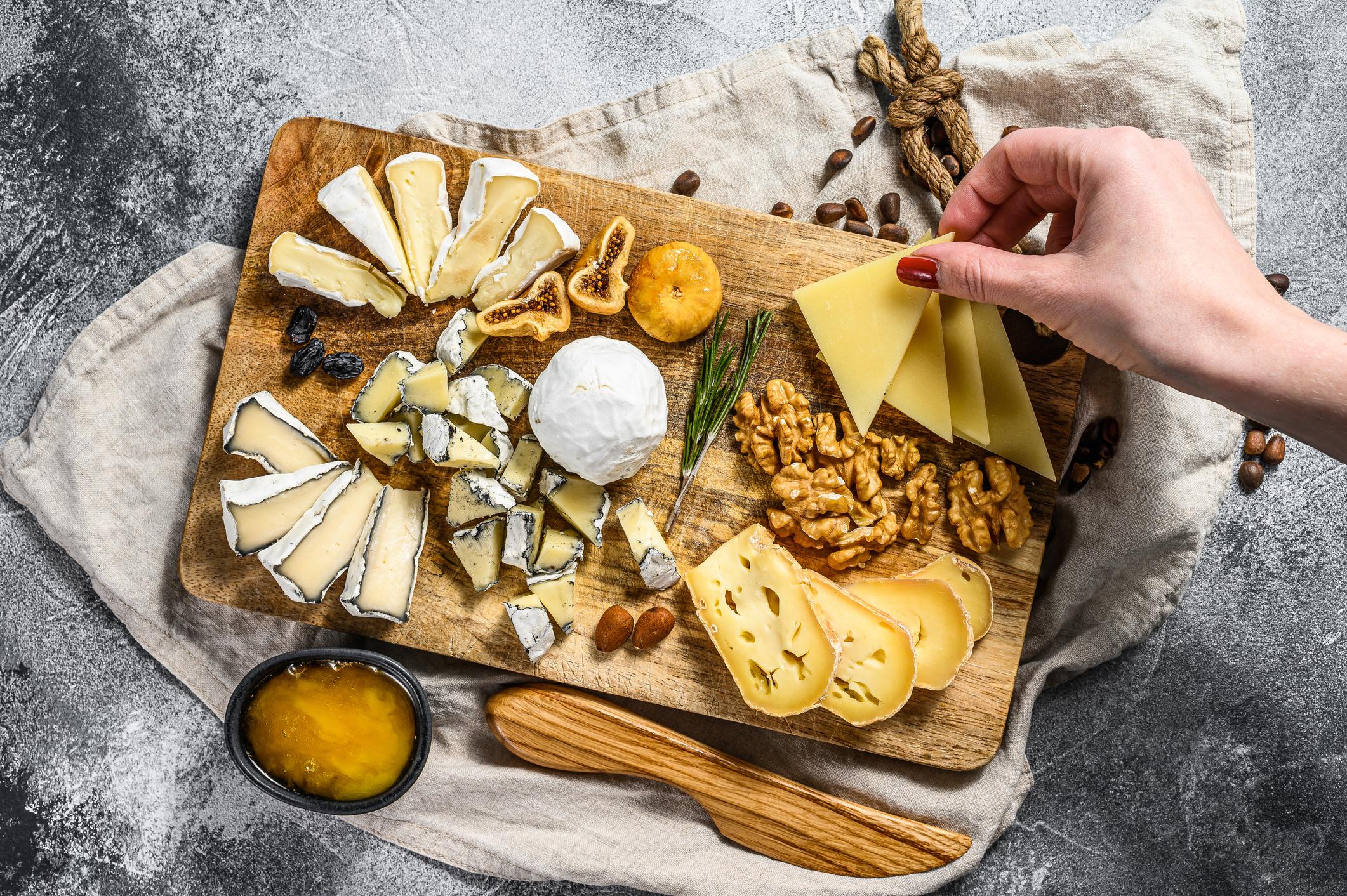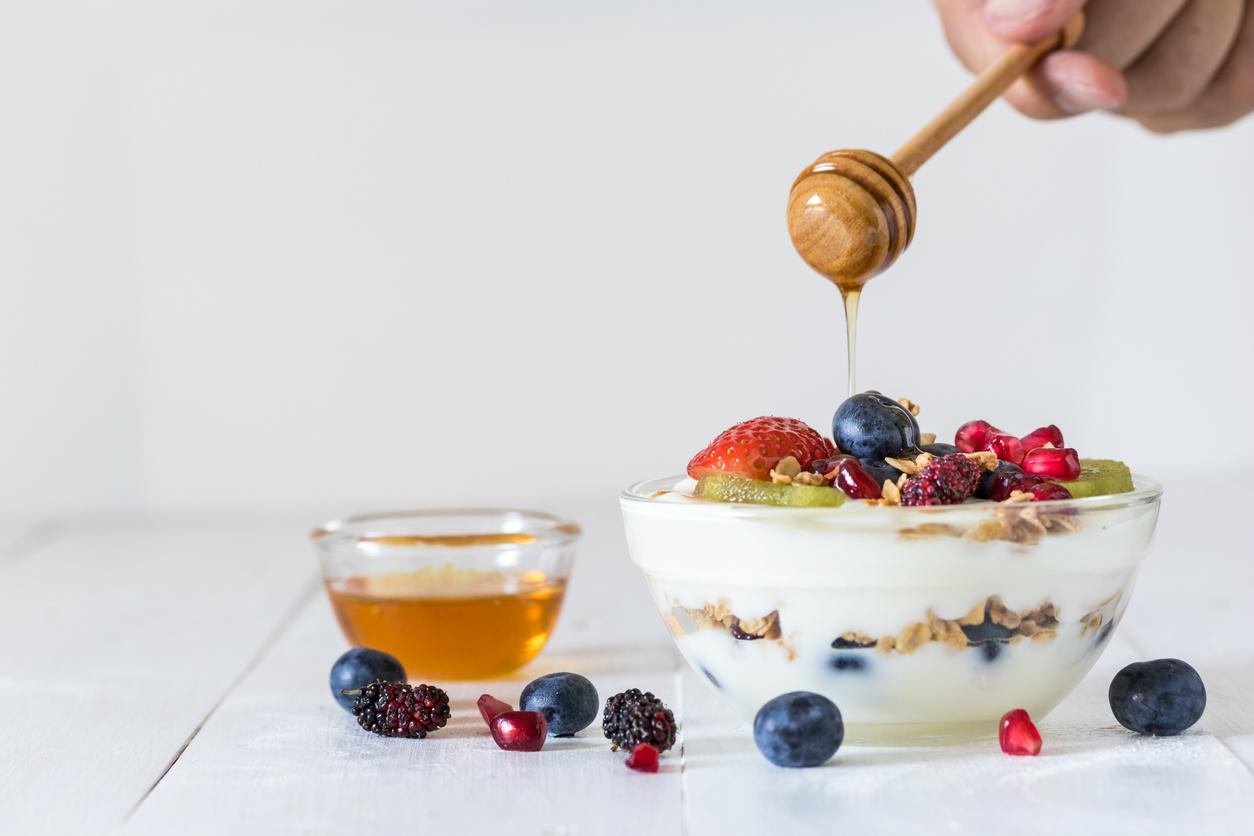
Superfood or an Icelandic fairytale?
Skyr is an Icelandic dairy product that has also been very popular in the Netherlands for a number of years. But is it really healthier than our traditional Dutch yogurt or cottage cheese?
what is skyr?
Skyr is a kind of cross between yogurt and cottage cheese. Skyr is a traditional Icelandic product that has been made on farms for hundreds of years. It is not entirely an Icelandic invention, because originally the Vikings brought it to Iceland. Skyr is made from pasteurized skim milk. To this are added lactic acid bacteria and special skyr bacteria to acidify the milk. Rennet is then added so that the acidified milk becomes thicker, just like with cottage cheese and yogurt. The dairy is then filtered, leaving a thick, yogurt-like dairy.
mouthfeel
Because different bacterial cultures are used in skyr than in yogurt or cottage cheese, the end result is also different. In terms of mouthfeel, skyr is most similar to a creamy Greek yogurt, but most similar in nutritional value to low-fat cottage cheese. It does have the advantages of low-fat cottage cheese, such as lots of protein and few calories, but not the disadvantage of the somewhat rough mouthfeel that characterizes low-fat cottage cheese. That’s what makes it so popular.
concentrates
Aside from the almost creamy texture, skyr scores bonus points for its health benefits. First of all, it contains a lot of protein. A bowl of skyr (150 grams) contains almost 10 grams more protein than a bowl of low-fat yogurt and almost 4 grams more than in low-fat cottage cheese. This makes skyr, just like cottage cheese, very popular among strength athletes. This high protein content is also very beneficial for people who want to watch their weight, because all those proteins ensure a feeling of satiety for longer. The combination of a lot of proteins and few carbohydrates also ensures that your blood sugar level remains stable, so that you are less likely to suffer from an energy dip or tasty appetite. This makes it easier to bridge the time to the next meal. In addition, skyr is fat-free, unless the manufacturer adds extra cream during the production process. And like other dairy products, it’s high in vitamins like vitamins B2 and B12, and minerals like calcium. Calcium is an important building block for teeth and bones. Finally, skyr contains probiotics, which are good bacteria that have a positive effect on your gut health. All this makes skyr excellent concentrates.
Craft Variations
As is the case with popular products, there are now all kinds of flavor variants of skyr on the dairy shelf. These variants unfortunately deserve minuses. For example, there is skyr with honey, vanilla or fruit flavor, to which sugar or sweeteners have been added. In addition to sugar, corn starch and various colors, aromas and flavors are also added to these craft variants. There are also “creamy” variants that, in contrast to the original 0 percent fat version, do contain fat. This probably ensures an even creamier taste and a longer feeling of satiety, but also extra calories and more than 2 grams of protein less per bowl.
Choose pure
Skyr has just as many healthy properties as yogurt and cottage cheese, and just a little more protein. The Icelandic dairy is very popular because it is lean, yet has a full taste and makes your stomach feel full for a long time. Skyr is therefore a real powerhouse among dairy products. At least if you opt for the pure, natural version. There remains one flaw, which has nothing to do with taste or nutritional value. That’s the price of skyr. A box of skyr is more than twice as expensive as a box of cottage cheese and almost four times more expensive than a box of yogurt.









